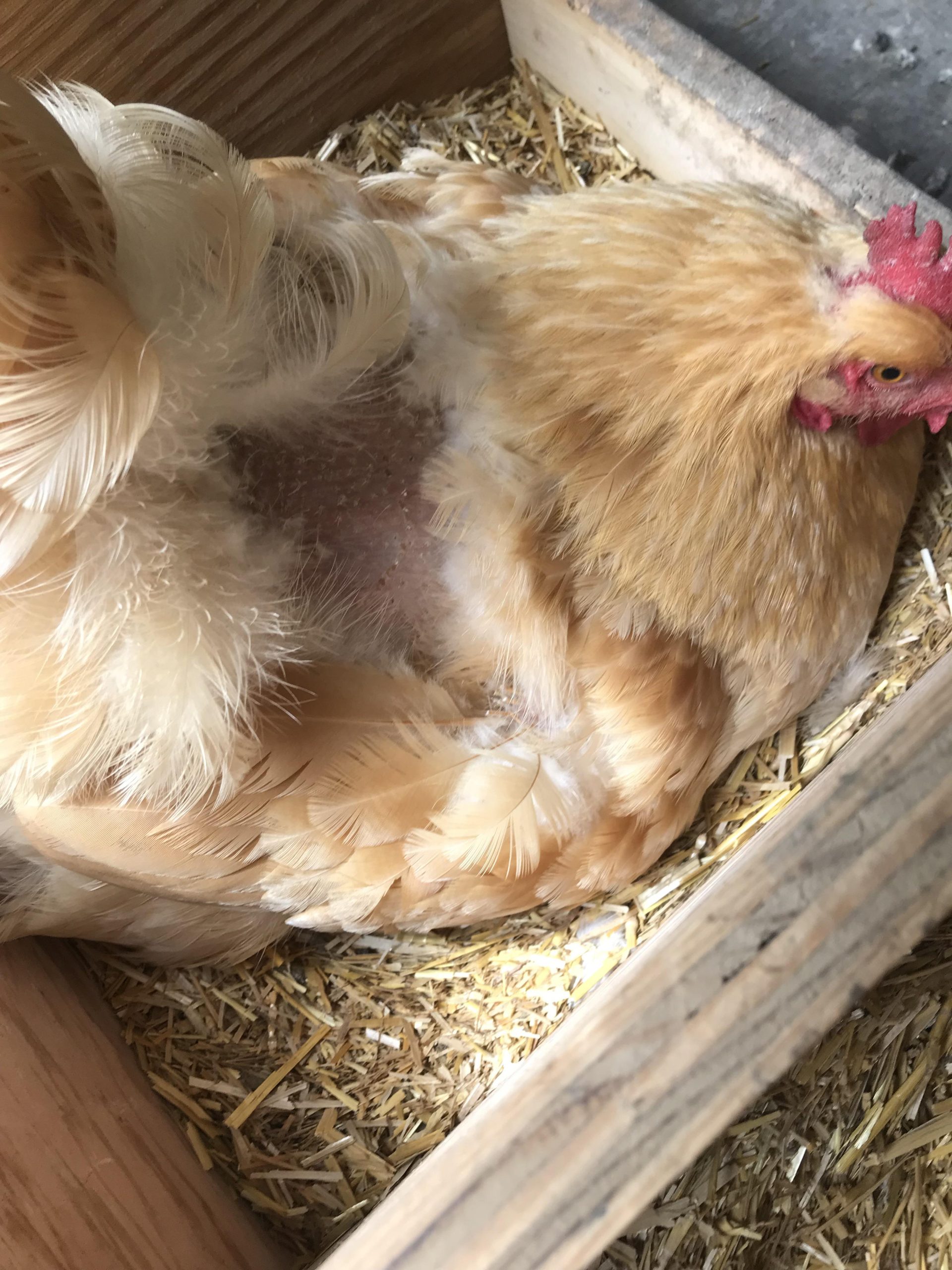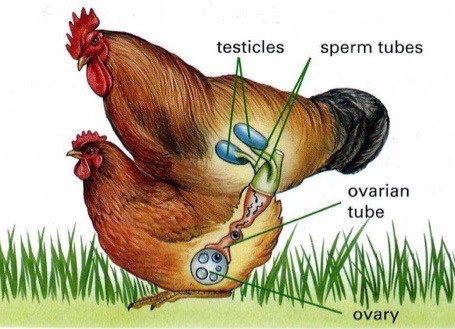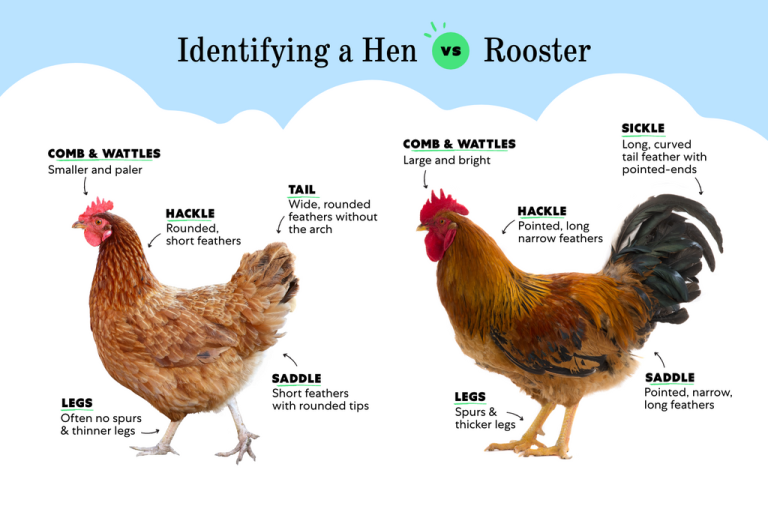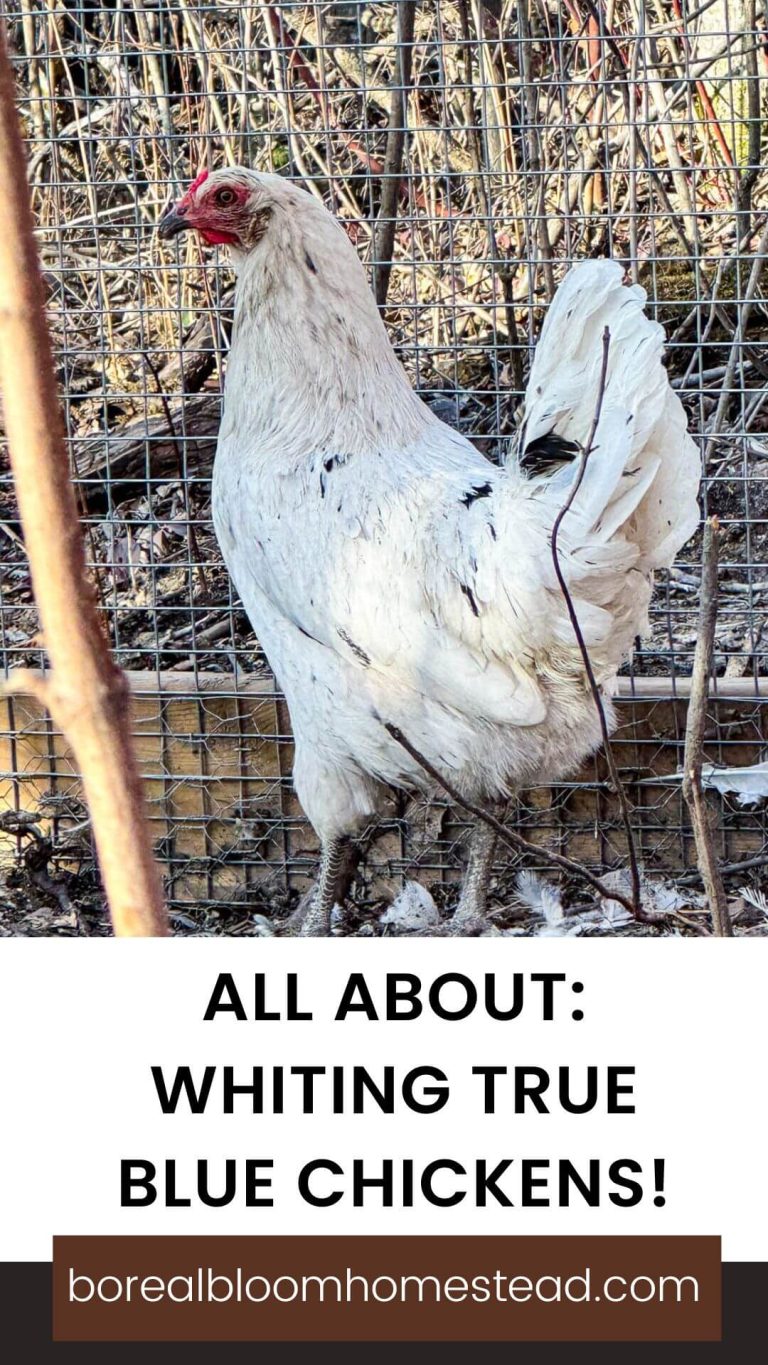How to Stop Rooster from Mounting Hens?
To stop a rooster from mounting hens, separate him from the flock or use physical barriers. You can also trim his spurs or consider keeping only hens.
Roosters can be aggressive, especially during mating. This behavior can stress hens and lead to injuries. Managing rooster behavior is essential for maintaining a healthy flock. Proper care ensures that hens remain calm and productive. Roosters serve important roles, but controlling their mating habits helps prevent chaos.
A more peaceful atmosphere can be produced by employing strategies including physical barriers, separation, and behavioral changes. It’s critical to comprehend the dynamics inside your flock. You may improve the connections between your hens and roosters and ultimately benefit your entire poultry enterprise by putting these techniques into practice.
Learn About Rooster Behavior
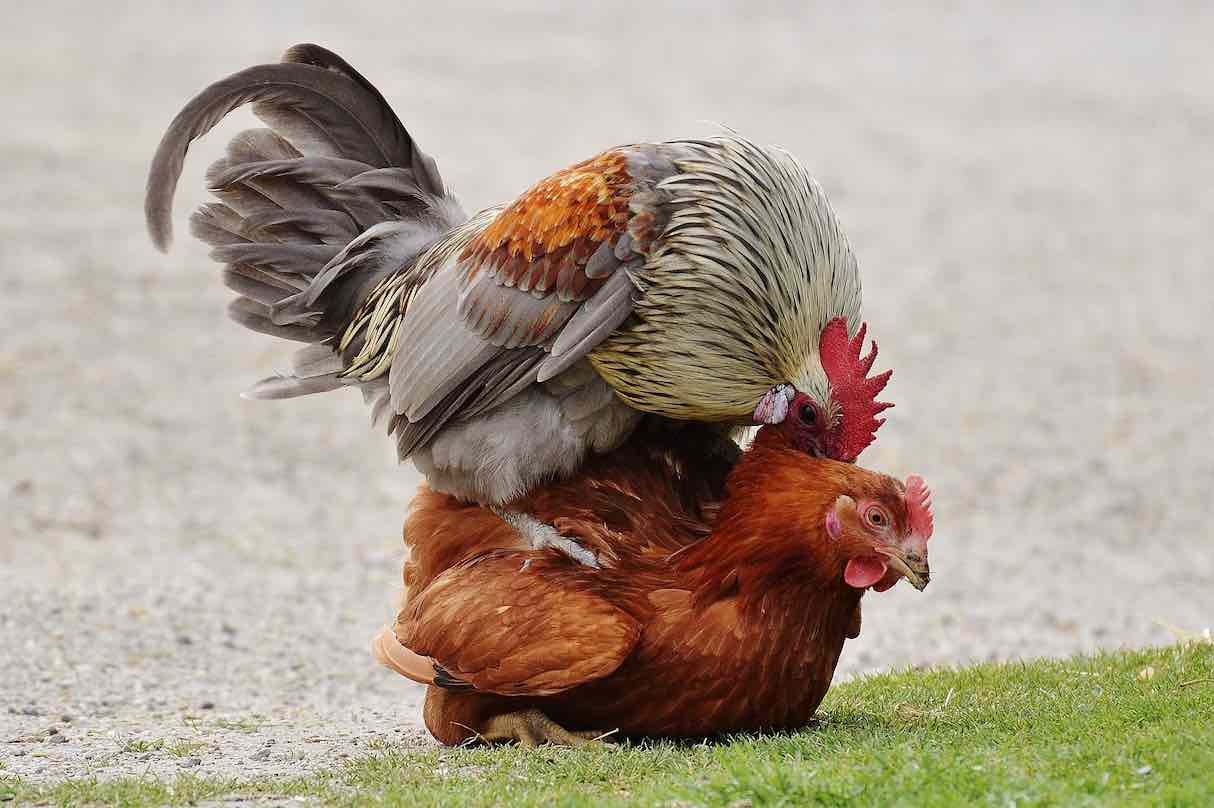
Credit: www.dineachook.com.au
Roosters have strong natural instincts. They often mount hens as part of their mating behavior. This action helps keep the flock balanced. It also ensures that the hens produce fertile eggs.
Over-mounting can lead to stress for hens. Hens may suffer from feather loss or injuries. Too much mounting can also cause health issues. Protecting hens from aggressive roosters is essential.
| Impact of Over-Mounting | Effects on Hens |
|---|---|
| Feather Loss | Hens may become uncomfortable or hurt. |
| Stress | Increased stress can lower egg production. |
| Health Issues | The risk of injuries and infections rises. |
Recognizing Excessive Mounting
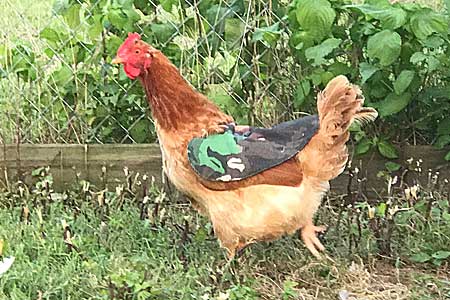
Credit: www.cacklehatchery.com
Recognizing stress in hens is vital for their health. Watch for signs like feather loss. Hens may also show withdrawal from the flock. Look for reduced egg production as well.
Physical signs of overbreeding can include:
| Indicator | Description |
|---|---|
| Feather Pecking | Hens may peck at each other’s feathers. |
| Injuries | Look for cuts or bruises on hens. |
| Changes in Behavior | Hens may become aggressive or timid. |
The Role of Hen-to-rooster Ratio
Maintaining a balanced hen-to-rooster ratio is vital for flock harmony. A common ratio is one rooster for every ten hens. This helps reduce stress among hens. Too many roosters can cause over-mounting and aggression.
Adjusting the flock composition can improve behavior. If you notice excessive mounting, consider adding more hens. This will spread out the attention of the rooster. Watch for signs of stress in your hens. Healthy hens are more productive and happier.
Regularly assess your flock’s dynamics. If one rooster is too aggressive, consider separating him. Keeping a balanced ratio ensures a peaceful and productive flock.
Environmental Enrichment Strategies

Credit: blog.meyerhatchery.com
Providing adequate space for hens can help reduce mounting behavior. Roosters need room to roam without feeling crowded. A larger area allows hens to escape if needed. Proper spacing promotes a calm environment for both roosters and hens.
Adding structures for distraction is another effective strategy. Consider placing perches, hiding spots, and toys in the coop. These items keep roosters busy and reduce their focus on mounting. Ensure these structures are safe and suitable for all birds.
Behavioral Modification Techniques
Training roosters with positive reinforcement is key. Reward good behavior with treats. This helps them learn what is acceptable. Use gentle words and calm tones to encourage them.
Separation and reintegration methods can also work. Keep roosters away from hens for a short time. Gradually reintroduce them to hens after some days. Monitor their behavior closely during reintegration.
- Use gates or fences for separation.
- Observe interactions and note any aggressive behavior.
- Reinforce calm behavior with treats.
- Be patient; changes take time.
Health And Nutrition Considerations
Dietary changes can help reduce a rooster’s aggression. Providing a balanced diet is crucial. Include grains, vegetables, and protein sources for better health.
Supplements can be beneficial. Use calcium to strengthen bones and improve mood. Vitamin E can reduce stress and aggression. Omega-3 fatty acids are also helpful for overall well-being.
| Supplement | Benefit |
|---|---|
| Calcium | Strengthens bones and mood |
| Vitamin E | Reduces stress and aggression |
| Omega-3 | Improves overall well-being |
When To Seek Professional Help?
Consulting with avian veterinarians is crucial for serious cases. They offer expert advice on rooster behavior. A vet can determine if medical issues cause aggression.
Long-term solutions may include separating the rooster from the hens. This helps to reduce stress and prevent injuries. Another option is to train the rooster to be less aggressive. Positive reinforcement can encourage good behavior.
Consider providing more space for the flock. Crowded conditions can increase aggression among birds. Regular monitoring of interactions helps ensure the safety of hens.
Using a rooster collar can also limit mounting. It restricts the rooster’s ability to mount without harming him. Always prioritize the welfare of both roosters and hens.
Final Talks: How to Stop Rooster from Mounting Hens?
To stop a rooster from mounting hens, try separating him from the flock for a few days. This reduces his dominance and aggressive behavior. You can also introduce more hens, which spreads his attention and lessens the impact on each hen. If he continues, consider rehoming or finding a rooster with a gentler temperament. Providing plenty of space and hiding spots can also help hens escape unwanted advances.
FAQs About Roosters and Hens Mating
To stop chickens from pecking each other, give them enough space and provide extra food and water areas. Offer activities like perches and dust baths to keep them entertained. Use barriers to block any aggressive hens temporarily. Try adding nutritious supplements to their diet, as pecking can be due to deficiencies. Dim the lighting slightly to reduce stress, helping to create a calmer, safer environment for the flock.
Yes, roosters can unintentionally hurt hens during mating. They use their beaks and claws to hold onto the hens, which sometimes causes scratches or feather loss. This behavior helps the rooster balance, but it may leave hens with minor injuries. In flocks with too few hens, frequent mating can increase stress and injuries. Providing hens with a safe space and ensuring a balanced rooster-to-hen ratio can help reduce harm.
Roosters will frequently pick on one hen due to dominance behavior. They have a pecking order within the flock. If a hen seems weak or submissive to them, the rooster will be a bully to her. Stress, overcrowding, or lack of space will also cause this to occur. Give the flock space and resources, as it will help reduce tension. You might figure out what causes it by watching them interact. In some cases, separating the hen for a time may give her a much-needed rest.
The only way to cure a rooster from attacking the hens is to take him out and keep him in a quiet area, away from the view of the girls. Reintroduce him a little at a time, observing his actions all the time. Allow room for plenty of get-away space for the ladies if he should attack. Sometimes, he can be occupied with treats. If nothing works, you will have to take the rooster to another home. A calm environment will help to minimize aggression.
Several different things could be causing your chicken to lose feathers on its bottom. Sometimes stress or boredom causes feather pecking, so make sure she has enough room and plenty to occupy her time with. Mites or lice may be another reason for feather loss. Often check her for these types of parasites. Nutritional deficiency may also be causing poor feathers. Your chicken will need to be on a balanced diet to give it the several vitamins and minerals necessary to grow healthy feathers.
Over-mating is to be avoided by taking the rooster away from the hens for some time. Allow the hens to have a ‘hen house’ to retire to sleep without the rooster hassling them. Constrict his over-mating with a rooster collar. Allow them to have an outlet that is big enough to avoid the roosters when they don’t want to be around them. Observe regularly. Where possible, keep only a few hens with the cock to minimize over-mating.
Roosters jump on hens primarily for mating purposes. It is just part of their natural life cycle in terms of reproduction. When a rooster has the urge to mate, he jumps onto a hen as a means of mounting and asserting dominance to begin the process. Hens have the prerogative to decide at what time they would want to accept the rooster’s advances. Jumping enables them to establish how they stand within the pecking order of their flock. This is mainly part of their mating behaviors and also their pecking order.

